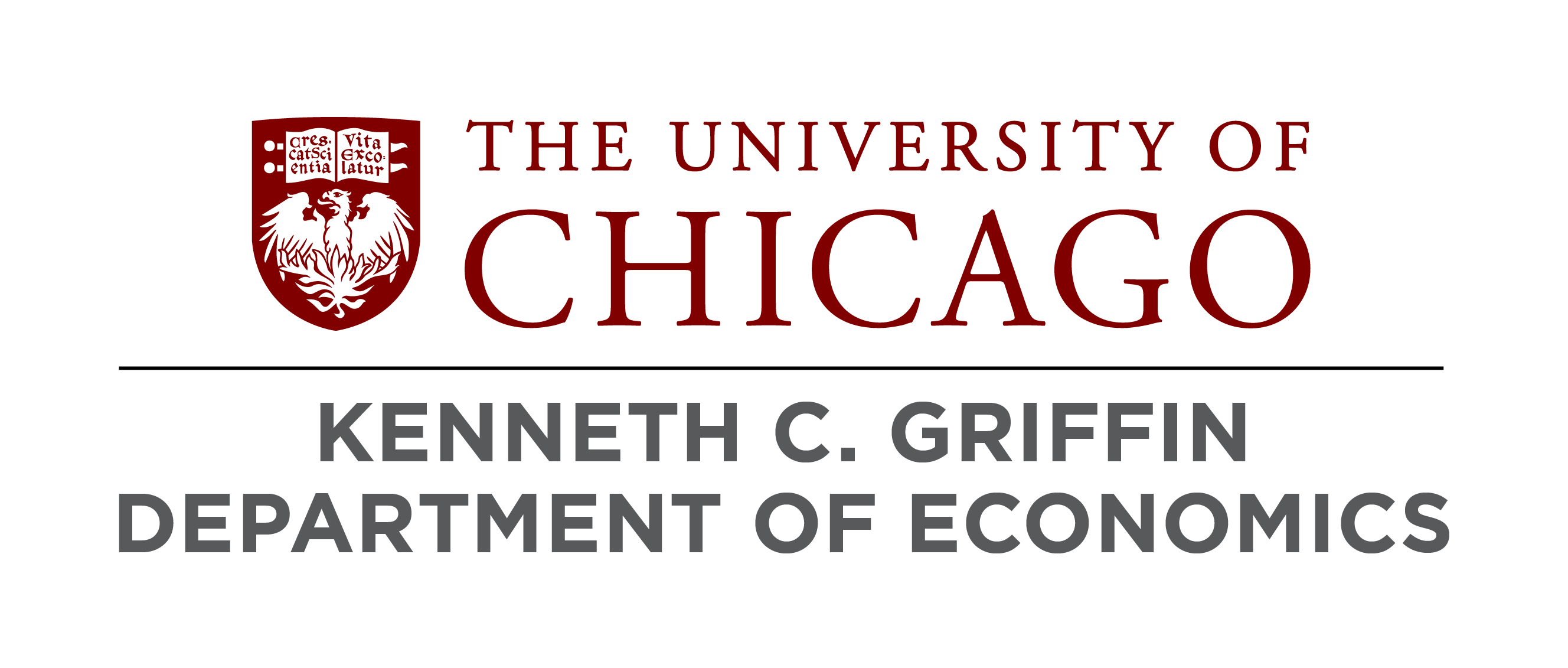
Primary Research Focus: International Trade, Political Economy
Secondary Research Focus: Computational Economics
References: Jonathan Dingel (Co-Chair), James Robinson (Co-Chair), Esteban Rossi-Hansberg, Stéphane Bonhomme
Sasha Petrov's Personal Website
Sasha Petrov's CV
Recent Research / Recent Publications
Abstract
National borders govern trading opportunities and eligibility for public services. There is suggestive evidence that post-colonial border design has harmed African long-term development through these two channels. This paper offers a spatial model of borders that tracks their welfare consequences through trade and public goods provision. It features four key forces: the benefits of economic and fiscal integration, and the costs of preference heterogeneity and span of control. To evaluate inefficiencies of border configurations, I set up an optimal borders problem whose solution provides a benchmark and develop a strategy to make it tractable. I calibrate parameters of the spatial model and use the proposed method of solving the optimal borders problem on African data. Africa could gain at least 28% in welfare with optimal borders. The primary shortcoming of current borders is their geographic position, not the number of countries.
 THE UNIVERSITY OF CHICAGO
THE UNIVERSITY OF CHICAGO

